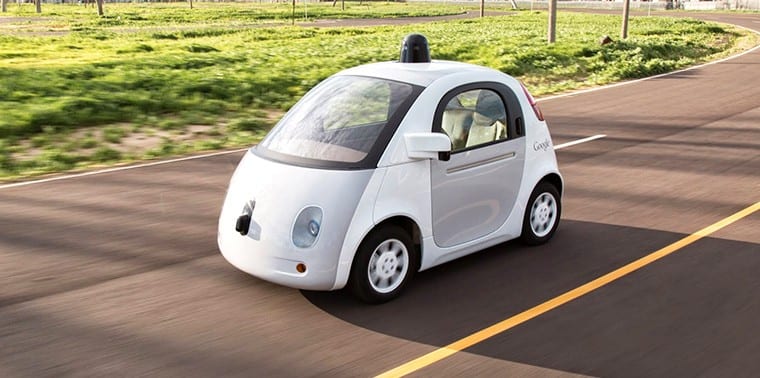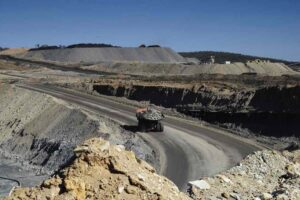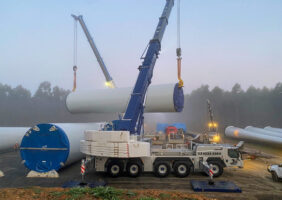The chief scientist at Australian telecommunications giant Telstra has joined the increasing number of industry watchers and insiders predicting not only that autonomous vehicles are the future of road transport, but that this future will arrive sooner than we think.

In comments made at a Perth roads seminar on Friday, Tesltra chief scientists Hugh Bradlow predicted all vehicles on Australian roads would be driverless by 2030, and warned that road builders must begin work to create smart roads to interact with them.
The Australian reports that Dr Bradlow said his “conservative and realistic” forecast was based on the rate of autonomous car development, with 14 trials underway in California, as well as on the falling costs of retrofitting the technology to existing cars, which would soon fall to the $US1000 range.
“My expectation is that governments will very quickly realise that they need to make them mandatory to help overcome the statistic that 90 per cent of road accidents are caused by human error,’’ he said, adding that they would first need to agree on safety and communications standards before building an intelligent road network.
In April, South Australia was the first state to legalise controlled testing of autonomous vehicles on the state’s roads after hosting driverless car trials last year, while an inquiry launched by the NSW parliament is working to research what a “driverless vehicles regulatory framework” would involve.
Dr Bradlow, who spoke as part of a series of Australian Asphalt and Pavement Association workshops around Australia this month, said the combination of autonomous vehicles and the use of ride-share services such as Uber and GoGet would remove vehicle numbers from Australian roads and reduce road capacity.
This echoes the thoughts of Tesla boss and founder Elon Musk, whose recently published Master Plan part two included the dual innovation goals of “develop(ing) a self-driving capability that is 10X safer than manual via massive fleet learning,” and enabling cars to make money for their owners when they aren’t using them.
“Tesla will operate its own fleet, ensuring you can always hail a ride from us no matter where you are,” Musk wrote. “Once it picks you up, you will be able to sleep, read or do anything else enroute to your destination.”
Of course, as we have reported, Musk has already hit some serious potholes along this road. Nonetheless, he argues in his blog that the technology “is already significantly safer than a person driving by themselves, and it would therefore be morally reprehensible to delay release simply for fear of bad press or some mercantile calculation of legal liability.”









